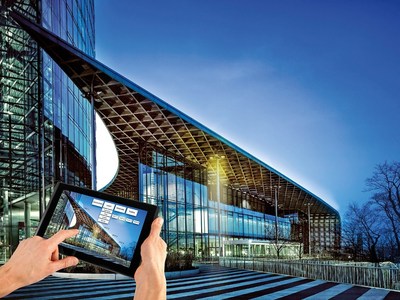
Indonesia moving towards energy-saving intelligent buildings
The building energy management systems (BEMS) market in Southeast Asia is set to develop at a compound annual growth rate of 12.2 per cent to 2020, according to Frost & Sullivan.
Next-generation IT solutions such as cloud computing and the Internet of Things (IoT) are enabling the implementation of a new class of BEMS that offer both comfort and optimized energy performance, in new and existing buildings.
Due to a combination of policy support, tax benefits, educational and awareness programs, smart and green buildings in Indonesia are forecast to reach as high as 20-25 per cent of the market by 2025.
Most market players, even from those outside the traditional building automation market, have therefore already begun to introduce cloud-based BEMS platforms and services.
Addressing this growing need in smart industrial, commercial and residential building, during 19-21 September 2018 at JIExpo in Jakarta, the inaugural edition of Building System & Automation and Elenex, organized by PT Pamerindo Indonesia.
PT stands for perseroan terbatas, which means “private limited”, and is the equivalent of an incorporated entity in the US.
The subjects covered in this fast-evolving space will range from intelligent ways of using electricity to smart grids and metering, energy efficiency solutions, innovative lighting, building systems and automation, smart sensors and security, and the latest in the most efficient REVAC and lifts offerings.
The trade show will be complemented by sharp-focused, actionable content provided by partnering, key industry players at seminars, conference and panels.
The particular focal point on energy efficiency in buildings was chosen at building system and automation because buildings are responsible for more than 40 per cent of the primary energy consumption in a country.
And this energy usage is set to rise further given new construction plans spurred by high economic growth and the soaring demand for cooling in Indonesia’s hot and humid climate.
